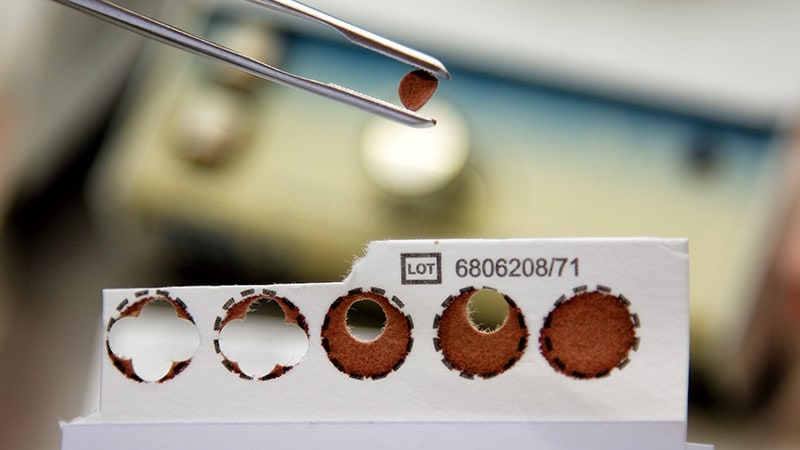Validation of Dried Blood Spot Test for HIV, Hep B, and Hep C
The research presented at the European Congress of Clinical Microbiology & Infectious Diseases highlights the validation and utilization of the Dried Blood Spot (DBS) test for detecting HIV, hepatitis B, and hepatitis C in high-risk settings. The test, developed by Stephen Nilsson-Møller and colleagues, offers a non-invasive method that can detect low viral loads for all three viruses from a single drop of blood. The study showcases the utility of the DBS test in challenging environments such as homeless shelters, drug rehabilitation centers, and prisons, where traditional testing methods may be impractical. The use of the Hologic Panther system in this study marks a significant advancement in diagnostic testing for infectious diseases, allowing for the detection of tiny amounts of virus with high sensitivity. The DBS method proved effective in detecting HIV, HBV, and HCV in samples, even at lower viral load levels than traditional plasma testing. Early diagnosis and treatment of these infections are crucial in reducing long-term morbidity and mortality, emphasizing the importance of accessible and efficient testing methods like the DBS test.
Összefoglaló testreszabása
Átírás mesterséges intelligenciával
Hivatkozások generálása
Forrás fordítása
Egy másik nyelvre
Gondolattérkép létrehozása
a forrásanyagból
Forrás megtekintése
www.medscape.com
Dried Blood Spot Test Validated for HIV, Hep B, and Hep C
Főbb Kivonatok
by Becky Mccall : www.medscape.com 04-18-2023
https://www.medscape.com/viewarticle/990931
Mélyebb kérdések
